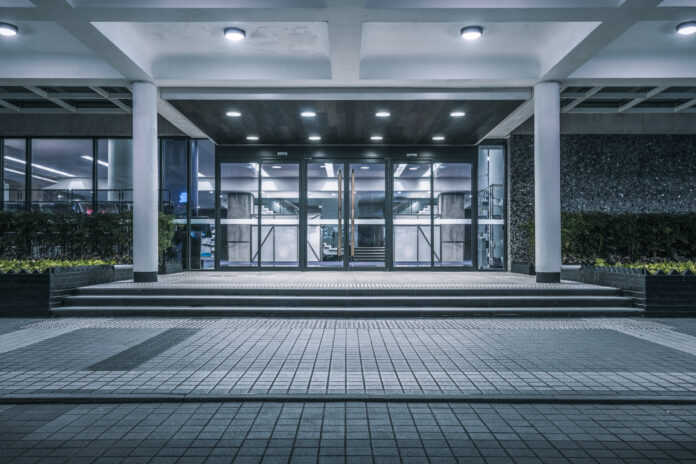By Christian Wade
With coronavirus cases and hospitalizations rising, Maine Gov. Janet Mills is extending a statewide curfew for businesses into next year.
The restrictions, which first took effect ahead of the Thanksgiving holiday, require indoor and outdoor entertainment venues – including bars, restaurants, movie theaters, performing arts venues and casinos – to shut down by 9 p.m. That curfew has now been extended through Jan 3. Businesses can still have curbside pickup and delivery services after 9 p.m.
“This targeted step aims to limit evening gatherings in public settings where we know folks are more likely to let their guard down and expose themselves and others to this deadly virus,” the Democrat said in a statement. “At the same time, this action allows businesses to stay open for the majority of their operating hours, as long as they comply with basic public health and safety measures.”
The restrictions are similar to limits imposed on businesses in other Northeast states, including Massachusetts, Vermont and New York, ahead of the holidays.
Many states have begun setting tougher restrictions to prevent further spread as COVID-19 cases skyrocket, from closing restaurants to in-person dining to putting limits on gatherings.
Pro-business groups like Hospitality Maine, which represents more than 1,300 hospitality-related businesses, say the restrictions unfairly punishes already struggling businesses for rising infection rates and will slow the state’s overall economic recovery.
Mills has resisted a “lock down” like the one she imposed in the spring, but has taken other steps to limit spread of the virus, including reducing the number of people allowed at indoor gatherings to 50 people and a mandatory mask requirement.
On Monday, Maine reported 427 new COVID-19 cases, the highest daily count since the outbreak began, and a seven-day test positivity rate of 4.87 percent. At least 227 have died.
Dr. Nirav Shah, director of Maine Center for Disease Control, urged Mainers to take personal precautions and treat the holiday season much differently this year.
“With increasing community transmission, we all need to take steps to deny the virus opportunities to harm our friends, family, and loved ones,” he said in a statement. “Delaying shared celebrations or adapting holiday traditions in ways that allow us to spread good cheer without spreading the virus can help ease stress on Maine’s health care system and potentially save lives.”
Originally published by The Center Square. Republished with permission.











